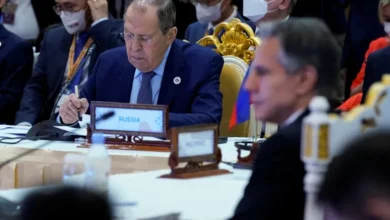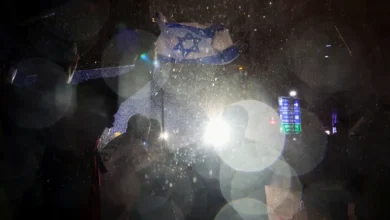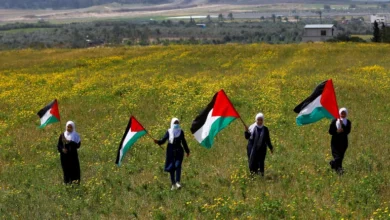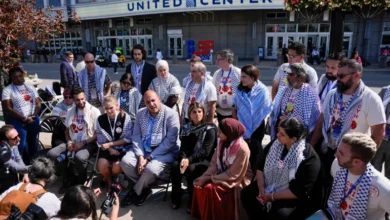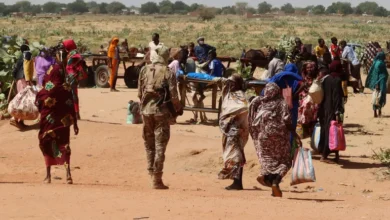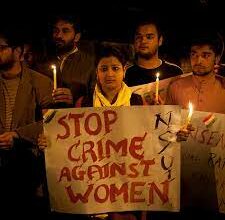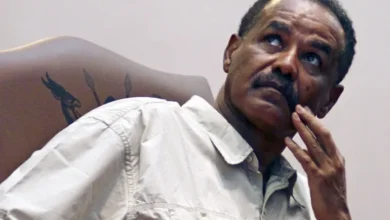‘Buried alive’: Syrians recount losing family in the earthquakes
Ru’a Rimawi
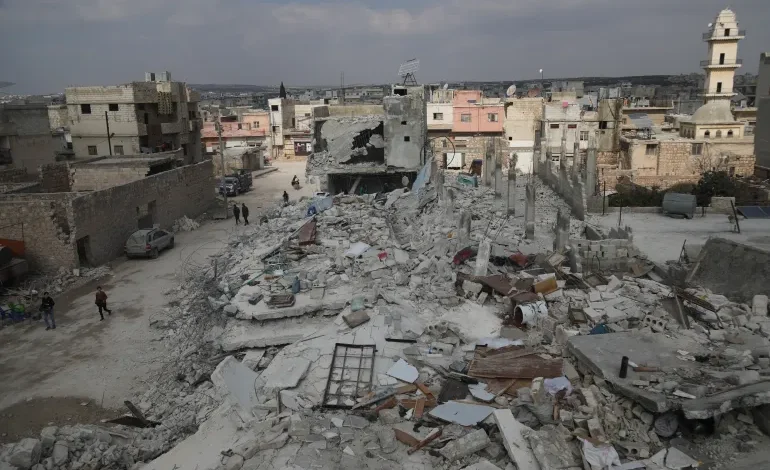
When the first earthquake struck on February 6, heavily pregnant Sakhaa al-Mousa was jolted awake in her apartment. Before the 24-year-old had time to fathom what was going on, the three-storey building she and her family were in caved, trapping them underneath.
“I started screaming, hoping that someone outside could hear me,” she told Al Jazeera. “I could hear the rescuers but they couldn’t hear me. So I grabbed a rock and started banging it on one of the walls above me.”
There was no sound coming from her husband or two young sons.
“Being buried alive is such a frightening feeling,” she said. “When the second quake happened, I thought to myself, ‘There’s no way I’ll survive this. There’s no way I’ll see the light of day again.’”
Al-Mousa was eventually pulled out after three and a half hours and taken to hospital. Her husband, children, and sister-in-law did not survive.
Four days later, she gave birth to a son and named him after his father, Omar.
In the rebel-held northwest, the devastation wrought by the quakes was compounded by the delay in humanitarian aid and the absence of international efforts in search-and-rescue operations.
Instead, the Syria Civil Defence, also known as the White Helmets, was at the forefront of digging through rubble with limited resources, and on February 10 – four days after the quakes took place – announced in a press conference the end of their rescue efforts.
“The absence of heavy equipment capable of dealing with natural disasters affected the ability of the teams to respond in a timely manner,” said Munir al-Mustafa, the deputy director of the White Helmets. “We don’t have advanced thermal equipment capable of detecting those trapped under the rubble, as well as trained police dogs.”
Al-Mustafa also pointed to the aftershocks, cold winter weather, and heavy rain in the first two days following the quakes, which impeded rescue operations and led to further concrete collapses.
“Currently, we are continuing our work in removing rubble from roads and vital areas, and our teams are ready to follow up on any report of missing persons,” he said.
The White Helmets lost four members along with their families. According to al-Mustafa, 2,274 people died in the northwest region, with more than 12,400 others wounded.
“Our teams documented the collapse of more than 550 buildings, while more than 1,570 buildings were partially damaged and thousands of buildings and homes were cracked throughout the earthquake-hit areas,” he said.

